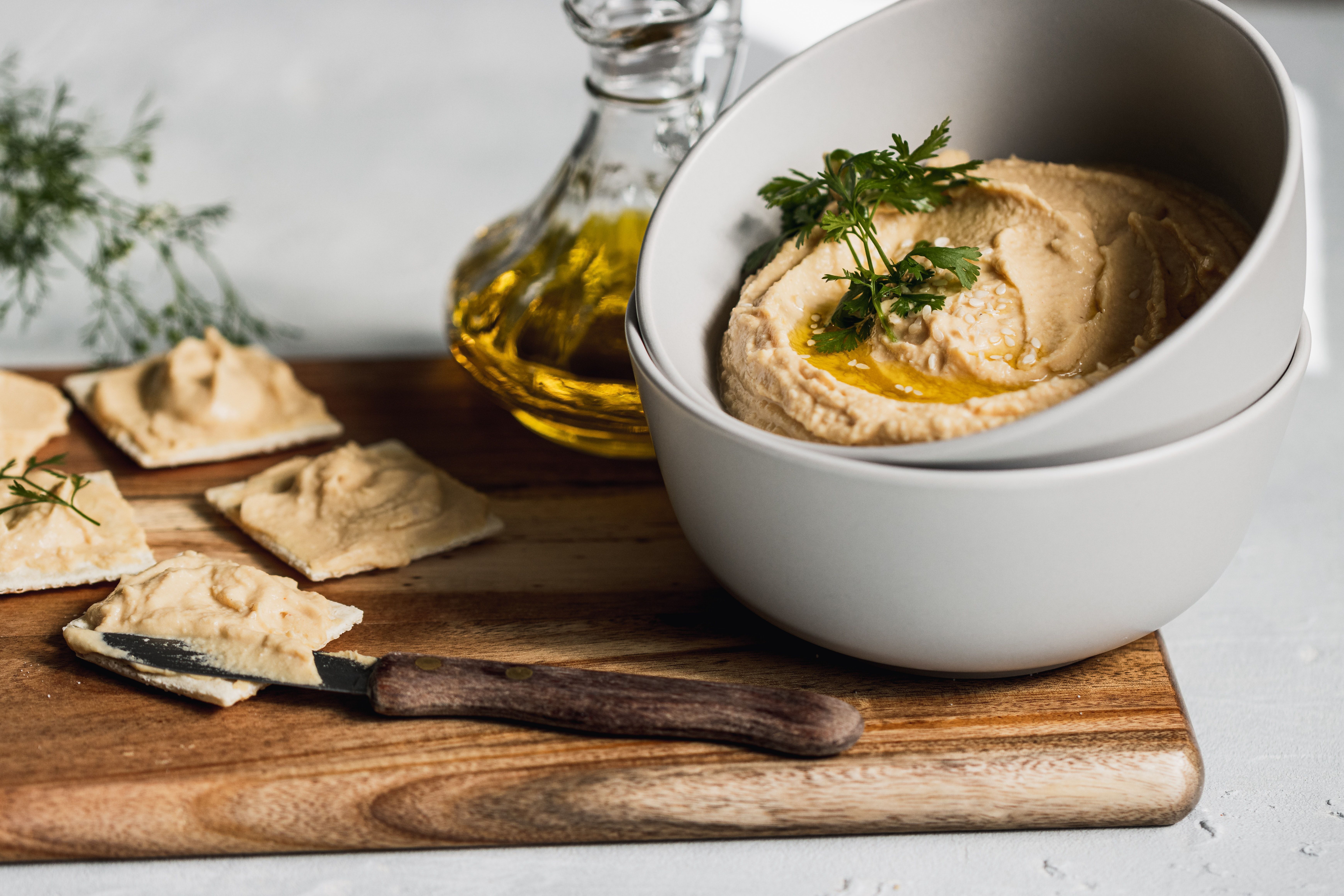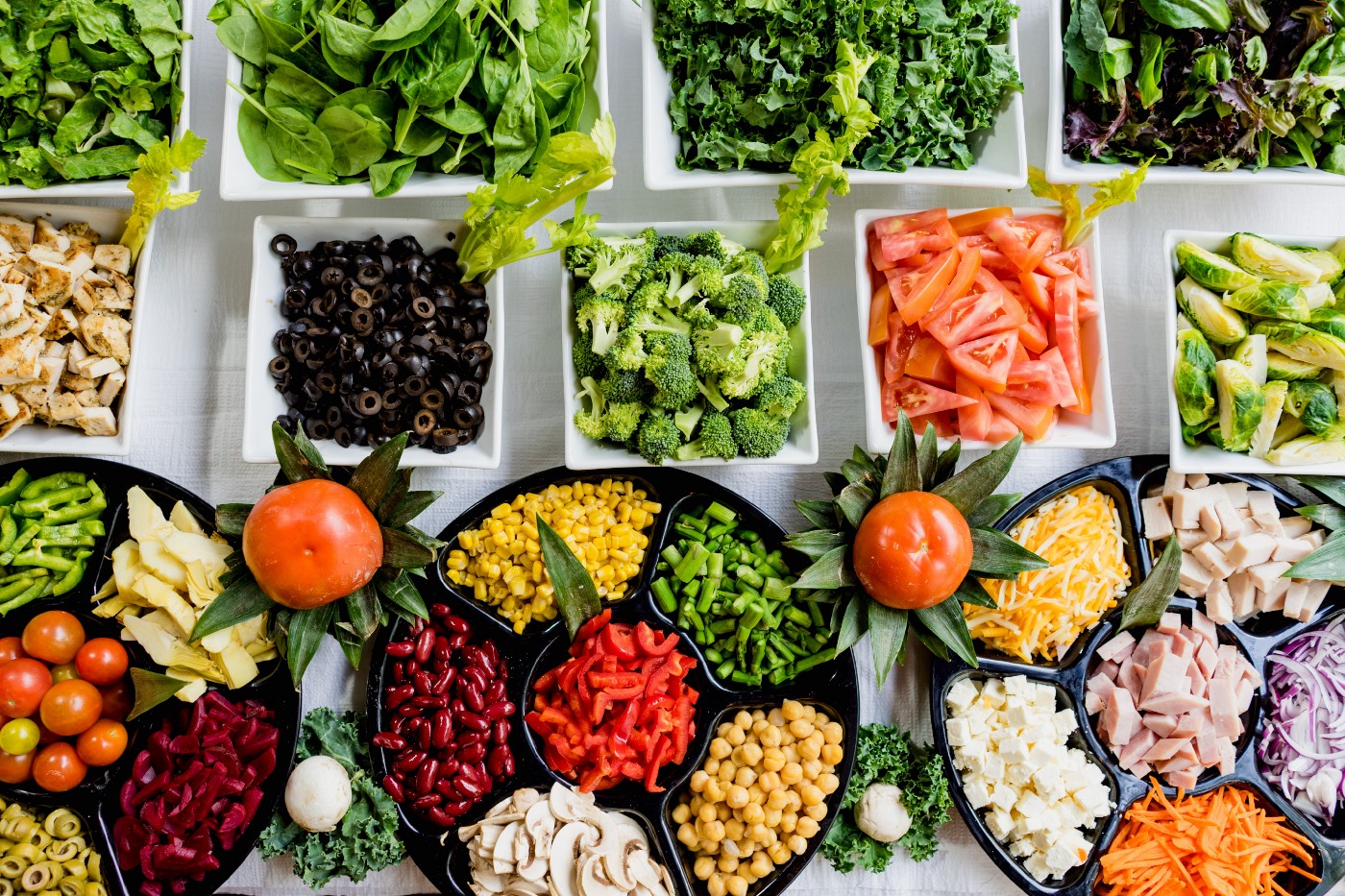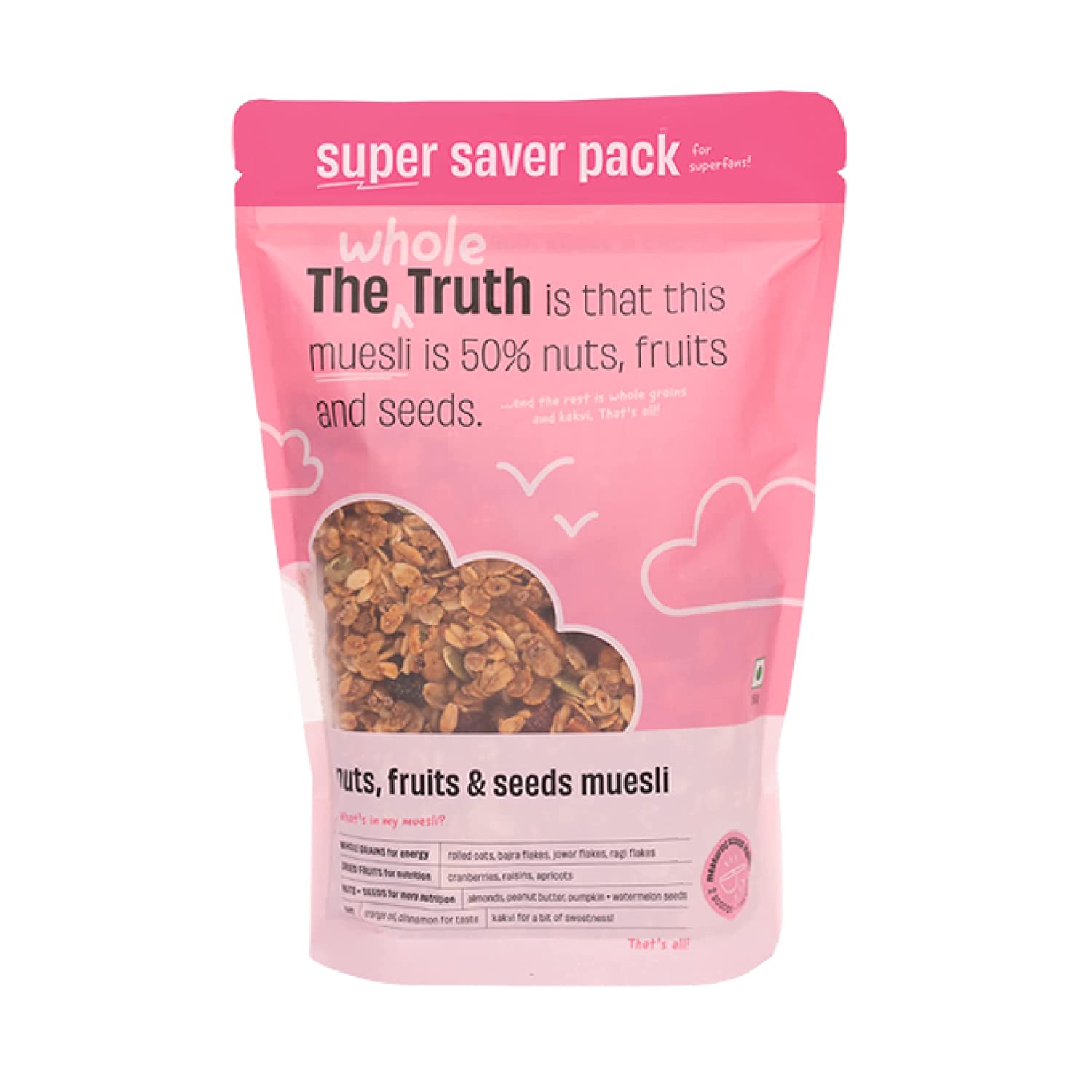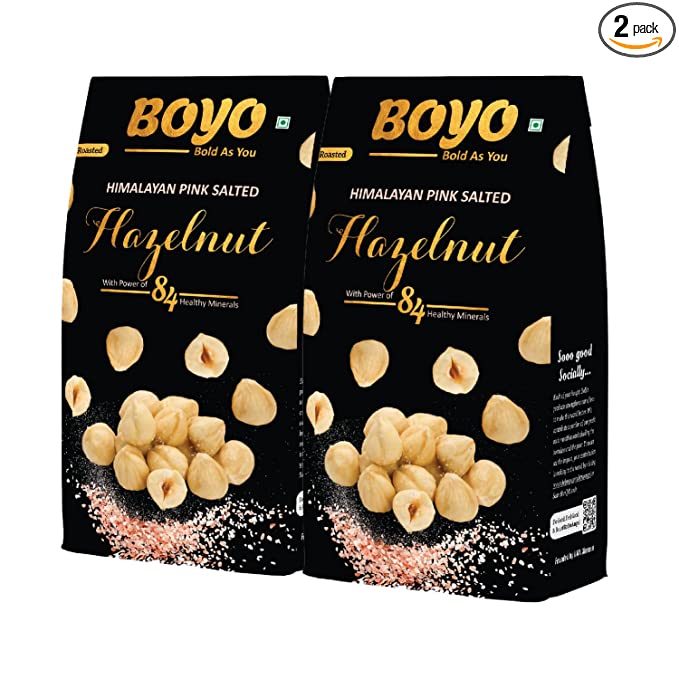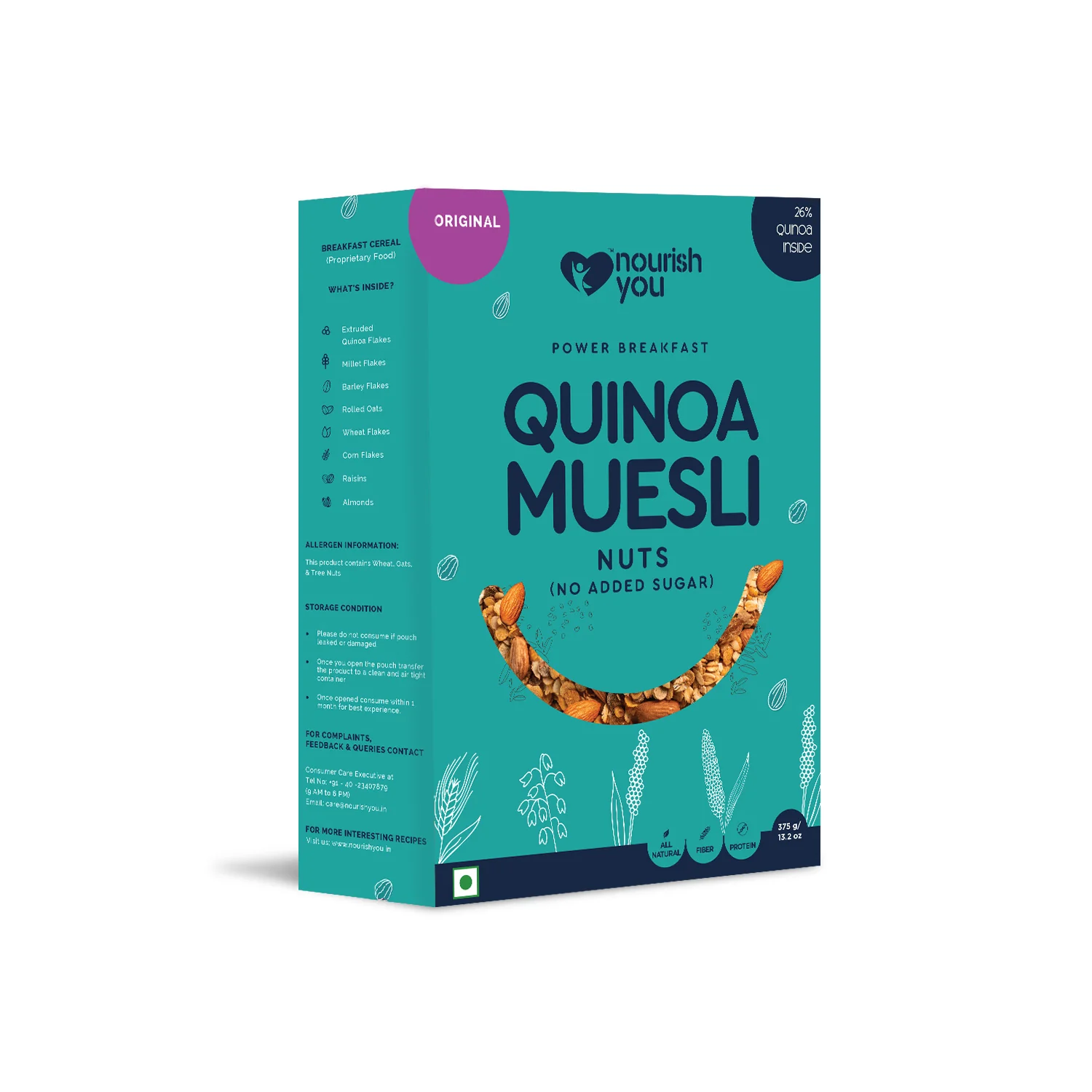People with hypothyroidism should take in more veggies, fruits, and lean protein as they are low in calories and will prevent excessive weight gain. And, only adequate (and not excess) amounts of selenium and iodine are needed for the production of needed thyroid hormones.
Published Date January 24, 2003
Nutrition for Hypothyroidism
By Naurin Ansari
3 min read
Last update date: January 24, 2003
All about vitamin b, gluten-free seeds, vegetables and hypothyroidism.
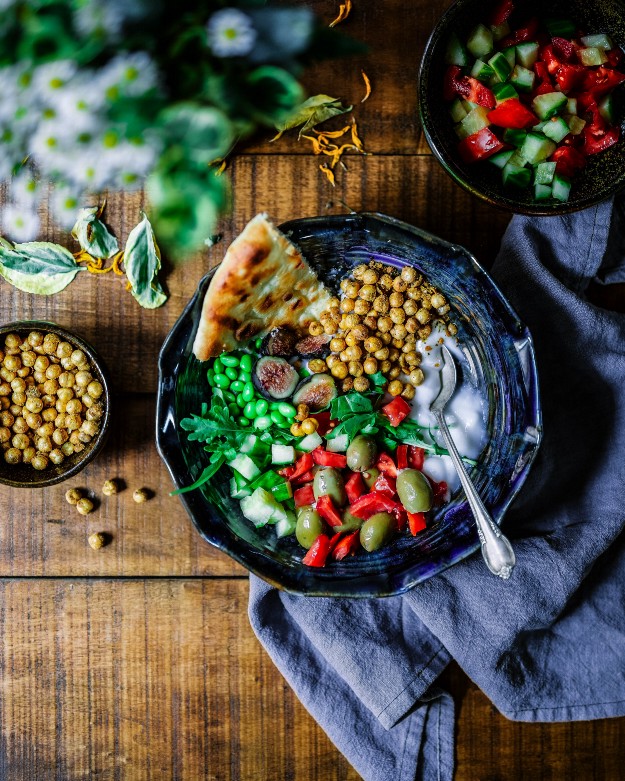
Hypothyroidism is a tricky condition to manage and what you eat heavily influences the functioning of your thyroid gland. As diet plays a prominent role, you must know which thyroid-friendly foods to choose and which foods to avoid.
Foods to eat
- Fruits
The ones that are of great help are bananas and pineapples. Bananas provide vitamins A, B2, B3, B6, and C and are also a good source of selenium while pineapples contain good amounts of vitamin C and manganese, all of which are necessary for thyroid hormone production. - Vegetables
Apart from fruits, all veggies should be included while cruciferous vegetables should be taken in moderate amounts. Cruciferous come from the plant family known as Cruciferae or Brassicaceae. These groups of veggies include Brussels sprouts, cabbage, cauliflower, broccoli, spinach, lettuce, etc. Goitrogens present in cruciferous vegetables interfere with thyroid function by reducing the body’s ability to use iodine. - Nuts and Seeds
Gluten-free seeds and grains like rice, chia seeds, flax seeds, buckwheat, oats, corn, millet, and quinoa can also be included as they are rich in ALA ( Alpha-linolenic acid) an omega-3 fat that supports thyroid function and balance of other hormones. Brazil nuts are a good source of magnesium, manganese, vitamin E, vitamin B, riboflavin, thiamine,niacin, copper, and calcium. Just two brazil nuts per day are enough to provide you with all the selenium your body needs (as hypothyroid patients usually are low on selenium levels). - Dairy
Dairy can also be included as it contains some amount of iodine in them which is actually required for the thyroid gland to prevent it from becoming enlarged(goitre). Whole eggs can also be included as they contain healthy amounts of both selenium and iodine. - Meat and Seafood
All types of meat and seafood can be included as they are rich in omega-3 fatty acids and selenium. Both are essential nutrients for a hypothyroid patient.
Why should one avoid Goitrogens?
Goitrogens are compounds that might interfere with the functioning of the thyroid gland. They are named after the term goitre which occurs with hypothyroidism. People with hypothyroidism are advised to avoid goitrogens.
Many common foods contain goitrogens like soy foods, and certain vegetables like broccoli, cabbage, spinach, etc. Some fruits, nuts and seeds also contain goitrogens. Goitrogens reduce the ability of the thyroid gland to produce hormones that your body needs to function normally. Thus they negatively affect people who already have poor thyroid function.
Selenium and thyroid.
Selenium forms the main component in seleno-proteins, which is necessary for the production of thyroid hormones. Low levels of selenium affect the thyroid gland massively which results in the reduced production of thyroid hormones.
The enzyme seleno-deiodinase formed with selenium helps control the level of T3 while glutathione peroxidase also formed with selenium enzyme helps balance the level of T4 (T3 & T4 are two thyroid hormones).
Foods to avoid.
Fortunately, you don’t have to worry much about which foods to avoid if you have hypothyroidism. You may want to avoid eating highly processed foods as they usually contain a lot of calories.
Adequate intakes of selenium and iodine supplements are actually essential for thyroid health, but too much of either can cause harm. Based on the treating doctor’s guidance soy-based foods should be eaten in moderation as well as it has been thought to interfere with the body’s ability to absorb the medication.
Takeaway
Related Items
Choose Healthy With Us.
Know the real truth about your food. Stay informed and healthy, for free.

Download the App Now
Certified nutritionists trust our food recommendations. Safe to say, so can you :)




